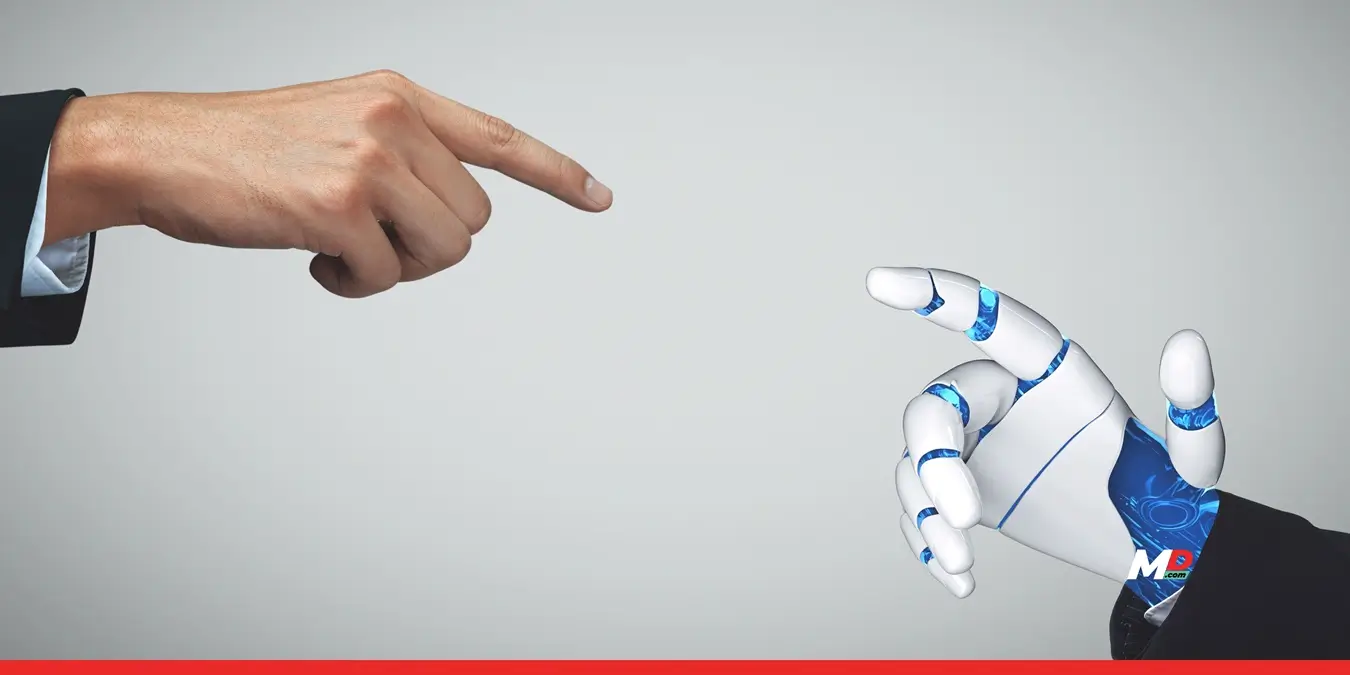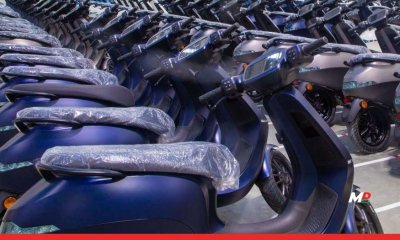Published
1 year agoon

An overwhelming majority of Indian manufacturers are prioritising sustainability to target a 2-3x rise in profits over the next three to five years, according to PwC’s report Decoding the Fifth Industrial Revolution: Marching towards a resilient, sustainable and human-centric future.
Covering six industries, the study finds, 93% of Indian manufacturers are embracing Industry 5.0 to drive both sustainable practices and boost revenues.
As per the research conducted by PwC, more than 50% of Indian manufacturers are prioritising investments this year in sustainable practices. These investments are aimed at leveraging digital technologies to adopt renewable energy sources and enhance energy efficiency, among other things.
Additionally, 52% of top executives at leading manufacturing companies are also allocating investments this year towards building a culture of lifelong learning.
Sudipta Ghosh, Partner and Industrial Products Leader PwC India commented: “Industry 5.0 represents a defining moment for the manufacturing sector – one that creates a symbiotic relationship between humans and advanced technologies like artificial intelligence (AI), robotics and the internet of things (IoT). Companies that fast-track their adoption of these capabilities will establish a competitive edge in the coming years, as transformation is crucial for building a sustainable and resilient future with humans as an integral part of this transformative journey.”
PwC’s study also found that most manufacturers stand to improve both their financial and operational performance by embracing Industry 5.0. With Industry 5.0 adoption, Indian manufacturers will be able to increase their revenues by 6.42% over the next two years, building momentum towards greater sustainability and resilience. According to the research, manufacturers estimate that their companies are likely to have foregone 4.37% of their FY24 revenues due to lower maturity in Industry 5.0 capabilities.
The report reveals that some sectors have been more proactive with their investments than others. In the cement and industrial goods sectors, for instance, 95% of manufacturers are prioritising investments in real-time inventory tracking, this year and the next.
PwC’s study includes insights from C-suite executives and senior leaders across the automotive, cement, chemicals, industrial goods, metals, and textiles industries.
The findings show that as training becomes more substantive and on-the-job, the workforce would start experiencing the potential of machines to complement as well as supplement their skills, helping them do their work faster and better. This would alleviate apprehensions around machines such as robots and digital technologies leading to job losses, a concern highlighted by nearly half of the executives surveyed from the automotive and cement industries.
“Historically, machine and technology integration on the shop floors and operations has happened with a top-down perspective. However, in the context of GenAI, the story would differ slightly. In this case, the bottom-up innovation focus will need guidance through adequate top-down guardrails. Yet, the inability to provide secure access to GenAI and similar technologies to enhance workforce productivity has bubbled up to be a challenge for many executives across industries such as automotive, cement, chemicals, and textiles and clothing,” added Ghosh.
Key Findings:
Other Key Sectoral Findings:


Mankind Pharma Reinvents Global Supply Chain and Procurement with Accenture


“Don’t build first and fix later”


A life for a Reel? The cost of India’s VIP culture


Nissanka’s brutal century pushes Australia to brink of elimination


Ola Electric’s ‘Structural Reset’: Revenue Plunges as Aggarwal Pivots to Profitability


TechnoSport Partners Ravichandran Ashwin to Spotlight Cricket’s ‘Game Changers of the Decade’ as T20 World Cup Fever Grips Fans

